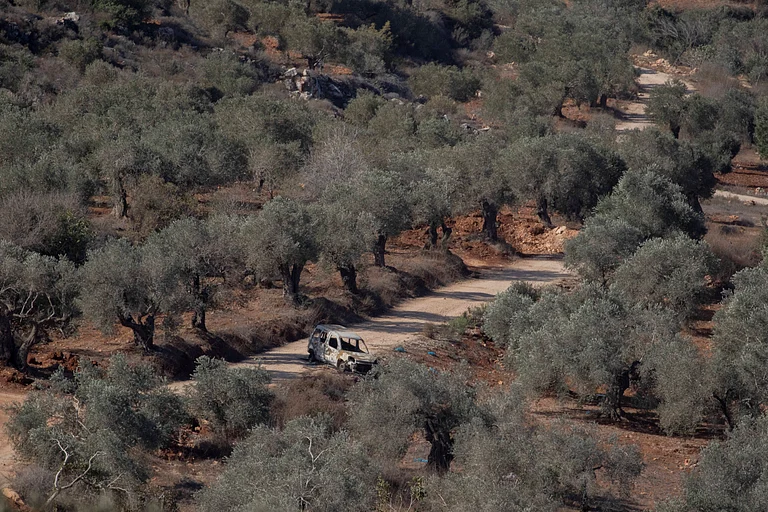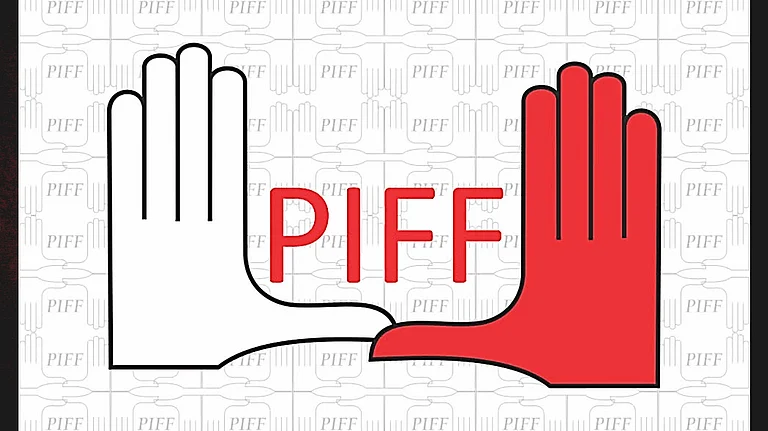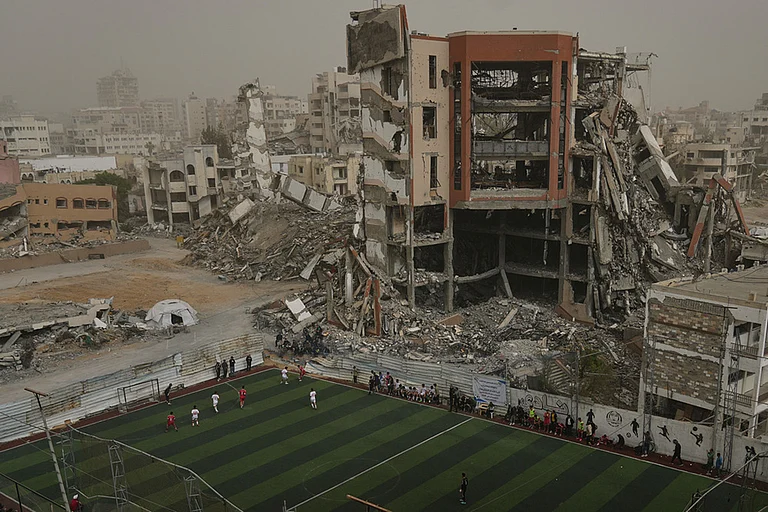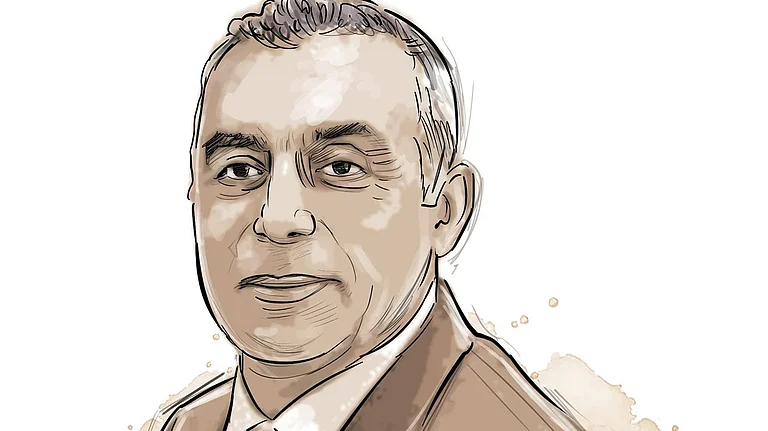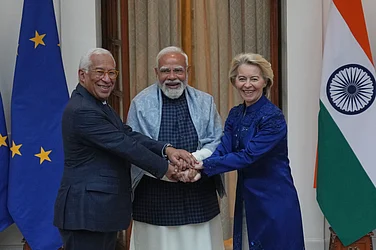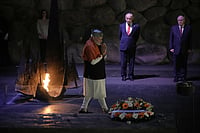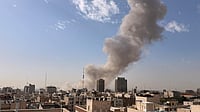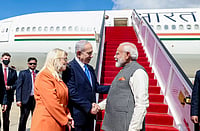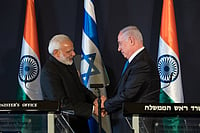
Two years after Hamas’s October 7 attack, Gaza lies in ruins, over 66,000 people are dead, and Israel has emerged militarily stronger, extending its dominance across the region with US backing.
Despite military gains, Israel faces global isolation, with many Western and Global South nations recognising Palestine and criticising the war’s civilian toll, even as US-brokered peace talks continue cautiously in Egypt.
After the deaths of more than 66,000 people, the decimation of Hamas’s political and military leadership, and Gaza reduced to a wasteland of rubble, the territory stands stripped of its infrastructure and basic means of survival. Hospitals lie in ruins, clean water and food are scarce, and famine conditions—engineered by Israel’s blockade—have pushed ordinary Gazans to the brink. What is more, Israel has emerged stronger than ever in the last two years. In Lebanon it has wiped out the once powerful Hezbollah leader Hassan Nasrullah and as of now Hezbollah, once Israel’s fiercest opponent is struggling for survival. Iran ’s top military leadership is wiped out, Prime Minister Netanyahu got the US to attack Iran’s nuclear facilities, though the extent of damage is not yet clear.
Overall, Israel’s military might in the region is now well established, the message to regional leaders, rivals and friends alike is clear: we will strike whenever we want. Qatar got a taste of Israeli power, when on September 9 the IDF decided to target a building where Hamas negotiators were staying to discuss the US peace proposals. Though the Hamas leaders escaped, five people including a citizen of Doha lost his life. This blatant act of aggression shook not just Qatar but the entire Arab world. Countries in the region realised that Israel was now unstoppable, there was deep misgiving about the unprovoked attack on Qatar’s sovereignty. The fact is that with US backing, Israel is calling the shots in the region.
So, two years on, one inescapable question cannot but be asked, was Hamas’s October 7 attack worth the unimaginable cost it has exacted on its own people?
On the face of it, October 7 was a major miscalculation by the Hamas leadership. Shocking that Hamas, after decades of experience with Israel’s response to Palestinian attacks, did not anticipate the scale of the retaliation to follow. The fact that the group was able to take as many as 250 hostages gave Hamas a false sense of security and bargaining power.
The situation is complex, embedded in history.
But the answer is not so simple, it cannot be a simple yes or no. Israel has humiliated each and every Palestinian, young and old through several decades and the initial euphoria that Hamas was able to pull off a major attack inside Israel, led to a false sense of bravado.
“Unfortunately, as Frantz Fanon wrote in The Wretched of the Earth, ‘decolonization is always a violent phenomenon.’ Throughout history, no nation has ever chosen to be occupied, and no people have willingly accepted oppression. This brutal and devastating reality was not our choice; it was imposed upon us. We inherited it,’’ says Abdullah Abu Shawesh, Palestine’s envoy to India. “The dispossession of our homeland began with the Balfour Declaration of 2 November 1917, when Britain pledged our historic land to European Khazarian Jews.’’
The ambassador points out that “The Palestine Liberation Organization signed the Oslo Accord, accepting to build our state on only 22% of historic Palestine, a clear demonstration of our willingness to follow the peaceful path once championed by Mahatma Gandhi to end occupation. Unfortunately, Israel chose otherwise”. As we all know, the Palestine Authority is against the use of violence and an internecine rivalry led to the expulsion of Al Fatah fighters and supporters from the Gaza Strip in 2007.
“We do not endorse military resistance to the occupation, nor do we consider October 7th as the beginning of history. If responsibility must be assigned on that day, it lies with Israel. It was Israel that fostered, financed, and entrenched Hamas’s rule in Gaza after 2007, strengthening it at every level for its own political purposes,’’ the ambassador adds.
Israel Isolated:
Despite its tremendous military success, Prime Minister Benjamin Netanyahu and his far-right cabinet colleagues have lost the moral battle. The recognition of a Palestinian state by US allies like the UK, France, Australia and Canada, besides many other European powers like Spain, Norway, as well as nearly all of the Global South, tells its own story. India was one of the first non-Arab states to recognise Palestine. The conduct of the war by the IDF, where civilians and young children are targeted on the cover of providing human shields to Hamas fighters, have repulsed the international community. The young across the world have protested Israeli action.
Successive US governments have shielded and supported Israeli action. Yet it cannot completely ignore the message from the rest of the world, especially its close allies. Secretary of state Marco Rubio, a staunch supporter of Israel, admitted on a Sunday morning show "Whether you believe it was justified or not, right or not, you cannot ignore the impact that this has had on Israel's global standing," Rubio told CBS News' 'Face The Nation'.
The good news however is that the US-peace plan has been partially accepted by both sides. The Israeli and Hamas delegations are holding indirect talks in Egypt's sea-side resort of Sharm El-Sheikh. On hand are Steve Witkoff, America’s special envoy to the region, and Jared Kushner, Trump’s son-in-law as well as Egyptian officials. But unless it is signed and sealed nothing can be taken for granted.









